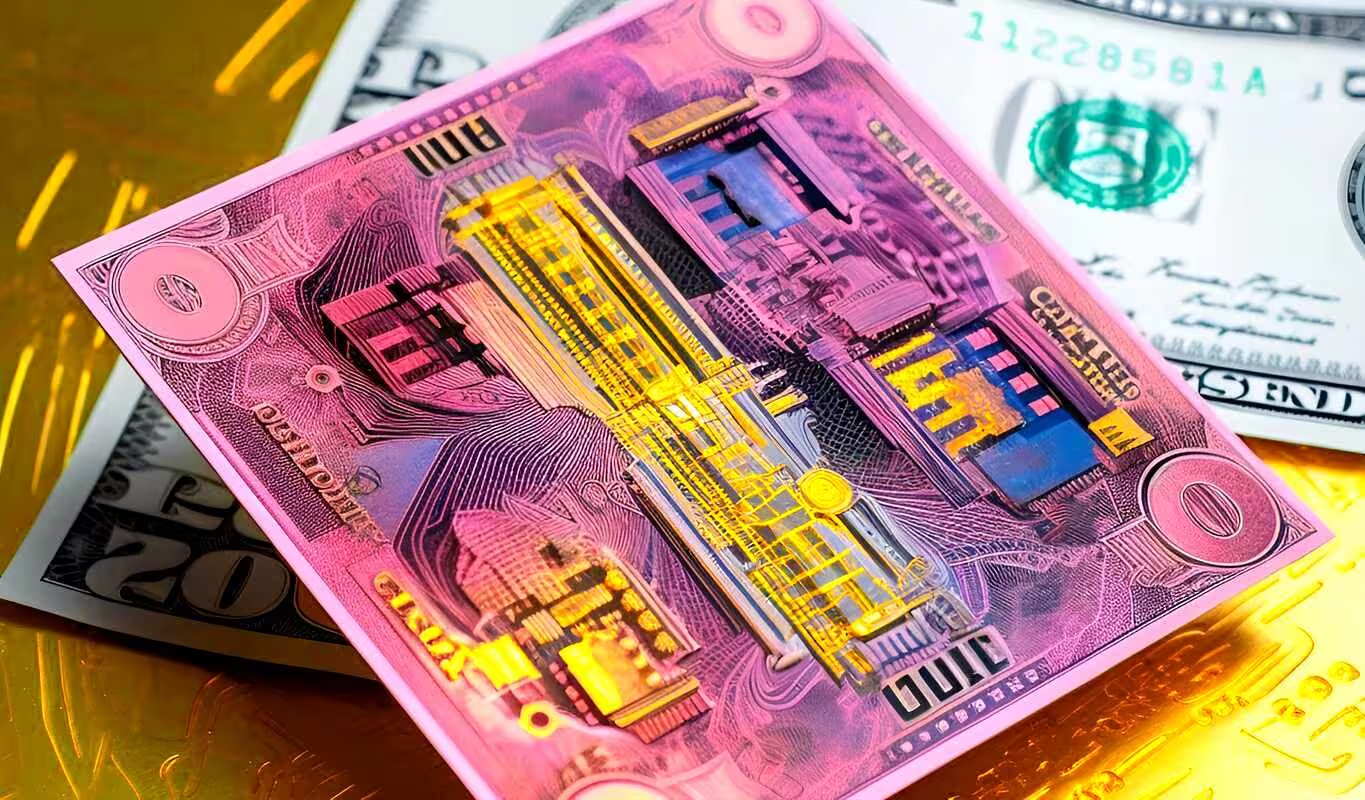HodlX Guest Post Submit Your Post
Digitalization is everywhere, and it’s not an exemption for finance. Crypto wallets, though slowly, penetrate our lives actively their usage is steadily growing.
Their main function is to store cryptocurrency. But today, crypto wallets actively go beyond that main function and transform into a tool for a digital identity.
This isn’t a fiction it’s a real possibility, especially considering the growing number of connected devices.
The limitations of traditional digital identities
Today, information about us and our identities is spread across centralized platforms like Google, Facebook and other major tech giants.
Every time we sign up for a new app or service, we end up handing over personal data name, email, birthday and other details.
These companies collect and monetize data, and often, we understand nothing about what they are doing with it later.
The consequences of this approach are disturbing. Data breaches have become almost an everyday practice.
Think of high-profile hacks at companies like Facebook. Millions of people have had sensitive data leaked. And it’s not just about stolen data it’s also about control.
These platforms have a power on how your data is used, and their algorithms shape our digital experience in ways we often can’t see.
How crypto wallets can function as digital identities
What if you could take back control with crypto wallets? They have already proven as secure repositories for digital assets and could be key to building a more secure digital space.
Here’s how hese wallets run on blockchain technology, which is inherently secure. They use public and private key cryptography to ensure that only you can access your data.
The public key is like your digital address, while the private key is your password.
Now, think of your wallet holding more than just coins. Today, when you sign up for a new service or platform, you typically give up your data to a third party, and it’s often hard to know what they’ll do with it.
With a wallet-based identity, you’re no longer handing over control. Instead, you can just use it to send one-time verifications without providing unnecessary data.
What are the practical applications
One possible application lies in streamlining government services.
Instead of shuffling through endless paperwork to find the right documents, you could verify anything digitally with a secure, cryptographic signature.
Medical…
Click Here to Read the Full Original Article at The Daily Hodl…
























